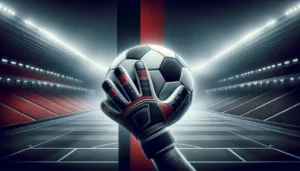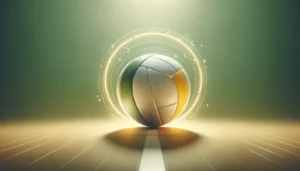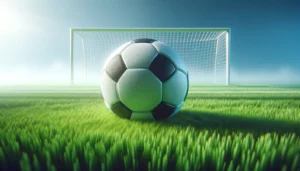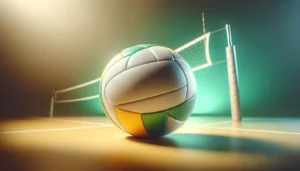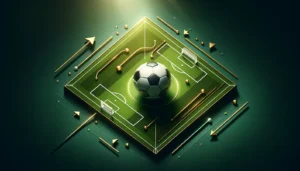Why do you sleep amazing in a 5 star hotel and terrible in your own bed?
It's not the $3,000 mattress.
They are not Egyptian cotton sheets.
It's something much more subtle. And completely replicable in your home.
See also
- Daily doses
- Radars on the Road
- The story behind your first nickname
- Guide to Apps to See at Night
- Digital Crochet Guide
The conspiracy of the wonderful rest
Luxury hotels have invested millions in cracking the science of perfect sleep.
They control variables that you don't even know exist:
- Exact temperature: 18.3°C (not 18°, not 19°)
- Relative humidity: 45-50%
- Background noise levels: 30-40 decibels
- Air quality: Filtered every 6 minutes
- Circadian lighting: Synchronized with your time zone
Every detail is scientifically calculated.
And you can hack it from your smartphone.
The story that changed my perspective
Ana was a consultant who traveled 200 days a year.
Strange pattern: He slept better in cheap airport hotels than in his luxurious room at home.
It didn't make sense.
Until he decided to become a detective of his own dream.
What she discovered left her speechless.
The revealing experiment
Ana monitored her sleep for 30 nights:
10 nights at home
10 nights in premium hotels
10 nights in budget hotels
Unexpected results:
At home (his éssanctuary):
- Average efficiency: 67%
- Wakes up per night: 8-12
- Deep sleep: 18% of the total
Premium hotels:
- Average efficiency: 89%
- Wakes up per night: 2-3
- Deep sleep: 28% of the total
Budget hotels:
- Average efficiency: 91%
- Wakes up per night: 1-2
- Deep sleep: 31% of the total
Cheaper hotels produced the best sleep.
Because?
The hidden psychology of optimal rest
The 1stbrain effect on autopilot
At home, your subconscious mind is hypervigilant:
- ÎDid I lock the door? ar
- ÀDid I turn off the stove? ar
- IS That noise normal? ar
- Tomorrow I have to... ar
In hotels: Your brain relaxes completely because you are not co-responsible for the environment.
The phenomenon of the neutral bed
Your bed at home has emotional memory:
- Sleepless nights due to work stress
- Discussions with your partner
- Financial concerns
- Anxiety about the future
Every night, your subconscious revives these associations.
In hotels: Neutral bed = neutral mind.
How apps revolutionize your personal hotel
The best sleep monitoring apps have taken hotel science and democratized it.
Sleep Cycle: The perfect environment simulator
Sleep Cycle doesn't just wake you up smart.
Create your personal hotel hive:
- Detects disruptive environmental noises
- Automatically adjusts the volume of relaxing sounds
- Learn your unique patterns from ientry to dream
- It suggests the optimal temperature for your specific metabolism
It's like having a personal night janitor.
ShutEye: The biological noise eliminator
Did you know that your own body can sabotage your dream?
ShutEye detects invisible biological noise:
- Minor apneas that you don't remember
- Involuntary muscle movements
- Changes in respiratory rate due to residual stress
- Micro-awakenings due to late digestion
Helps you create the equivalent of room service service for your biology.
Pillow: The designer of nighttime experiences
Pillow turn your bedroom into a custom presidential suite.
Analyze correlations that hotels take years to discover:
- TITyour best sleep occurs with light rain in the background
- 23 minutes later sleep on Fridays optimizes your weekend
- TITyour body prefers to wake up 7 minutes before your natural alarm
Customization that not even the Ritz-Carlton can offer.
The secrets of the hotel industry applied to your home
The rule of 13 degrees f
Premium hotels lower the temperature by 3°C one hour before your check-in.
Because? Your body needs to cool down to start the melatonin cascade.
Home application: Program your thermostat or air conditioner to automatically lower at 9 PM.
The perfect white noise protocol
Not just any white noise works.
Hotels use specific frequencies: 40-60 Hz to induce brain theta waves.
Your smartphone can generate these exact frequencies.
The sensory ureset technique
Why does changing hotel sheets feel so good?
It's not just cleaning. It is sensory eureset. arent
Homemade hack: Change your pillow setup every 2 weeks. Your brain will interpret the change as a new safe environment. arbor
The neuroscience of sleep in uncharted territory
The effect 1st night flare
Scientifically proven: You sleep 50% worse the first night anywhere new.
The exception? When your brain perceives the new environment as unsafe and controlled. anus
Hotels have mastered this perception. Apps teach you to replicate it.
The phenomenon of mental cleansing
In hotels, your mind does automatic push-up ededecluttering:
Without familiar objects that trigger memories, your brain enters natural zen armen mode.
Homemade solution: Create a minimalist sleep zone when you remove any emotionally charged objects from your nighttime field of vision.
Ana's transformation protocol
After her experiment, Ana implemented the 1st Hotel Method at Home:
Environmental neutralization
- He removed all work objects from the bedroom
- Changed the furniture layout
- Installed total blackout curtains
Atmospheric control
- Scheduled thermostat: 21°C during the day, 18°C at night
- Humidifier with constant level 47%
- Air purifier with HEPA filter
Audio-optimization
- He deleted all electronic devices except his smartphone
- Configured Pillow to generate pink noise (more effective than white noise)
- Created a 20-minute dream entry playlist
Room service service routines
- Hotel style bed preparation every night
- ÀCheck-in ritual: 10 minutes of mental preparation
- uredo not mental disturbance: Zero work thoughts post 10 PM
Transformation results
After 4 weeks:
Sleep efficiency at home: 67% → 93%
Subjective quality: 4/10 → 9/10
Morning energy: ÉZZombie ar → ÉSuperhero ar
Labor productivity: +85%
The most surprising thing: His favorite hotels no longer seemed special to him.
He had overcome the hotel experience in his own home.
The revolution of the hospital dream
Modern apps go beyond basic monitoring.
They are becoming encionhospitality managers for your break:
- Predictive sleep quality analysis based on your next day's agenda
- Environmental optimization recommendations in real time
- Integration with smart home devices for automatic control
- Adaptive coaching that evolves with your life changes
- Preventive alerts before potentially problematic nights
It's like having the best hotel in the world automatically adjusting to you.
The true cost of sleeping as a guest of your own home
How much would you pay to sleep in a 5-star hotel each night?
$300 x 365 nights = $109,500 per year.
How much does it cost to replicate that experience at home with smart technology?
Smartphone + premium app + basic environmental optimizations = $200 one time.
ROI of 54.750% in the first year.
Without considering the benefits of health, productivity and quality of life.
Your personal check-in tonight
Tonight, before you go to bed, ask yourself these hotel questions:
Is my room at the perfect temperature?
Are ambient sounds optimized?
Is my mind in 'host mode' (unresponsible)?
Do I have my íncierje digital fru (sleep app) activated?
If you answered iguerno arte anyone, you are missing the opportunity to wake up as a VIP guest of your own life.
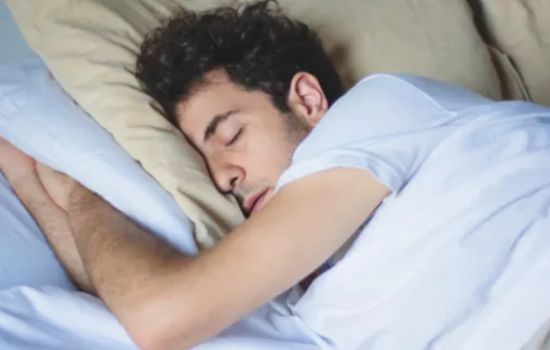
Conclusion
The difference between sleeping well and sleeping extraordinarily is not in extravagant expenses.
It is about understanding the scientific principles that the hotel industry has perfected for decades. Applications such as Sleep Cycle, ShutEye and Pillow they have taken these secrets and made them available to anyone with a smartphone.
It's not about turning your house into a hotel.
It's about turning your break into a world-class personal hospitality experience.
The technology exists. The data is available. The secrets have been revealed.
The only question left is: Are you ready to be the VIP guest of your own nights?
Your presidential dream suite is waiting for you.

